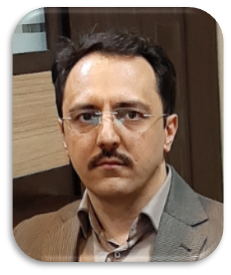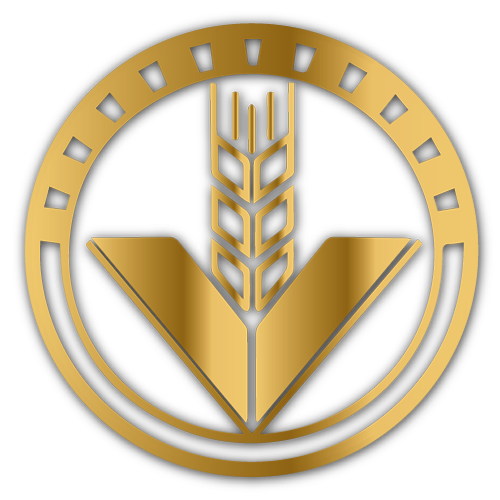Introduction If the knowledge obtained from systematic research is adapted to the language, culture, socio-political structure and needs of the audience and is transferred in the correct way, the application of the research results in the field of practice, macro policies, planning and quality of services and everything that the audience has expected. It is implemented. The process of continuous creation of knowledge and turning it into new policies and services can increase the survival and competence of organizations in charge of knowledge and help them create value through innovation in their missions, ideals and goals. Scientific and academic work is actually part of a set of related activities that connect research to its application and create a reciprocal flow of feedback and acceptance; Therefore, to facilitate this task, changes should be made in the organization and overall structure of universities, and as a result, three types of activities will become more prosperous: Communicating between producers and users of knowledge; exchange of opinions and mediation to provide suitable conditions for knowledge transfer; Delivering knowledge to users. Targets Knowledge translation seeks to change the level of awareness and behavior by transferring the research results to the beneficiaries. Translation of knowledge is a chain that starts with the idea of research and ends with the application of research results and behavior change in its audience. Knowledge translation informs the users about knowledge, and in short, knowledge translation is the end of research into practice. “Interpreter of knowledge” is knowledge of applying what we know; In other words, this concept has considered the definition to be far beyond making research available through usual channels such as scientific journals and presenting material in conferences, which includes extracting the main messages or basic concepts from the research results and delivering them to the group. The audience is clear. Prophecy The mission of the Knowledge Translation and Public Education Unit of the Nutrition and Food Industry Research Institute of the country is to establish this dynamic interaction between researchers and policy makers, executive managers, service providers, media, food industries and the people of the society, and thus it will complete the chain of knowledge exchange and give researchers This allows them to align their research goals with the needs of the society and by exchanging knowledge, a big step can be taken in the direction of knowledge-based policies to improve the health of the country.

Dr. Marjan Ajami
Associate Professor, PhD in Nutrition Sciences
Director of Knowledge Translation and Public Education Unit

Reza Homayunfar
Specialized doctorate in food science and industry

Mina Kaviani
Specialized doctorate in food science and industry
